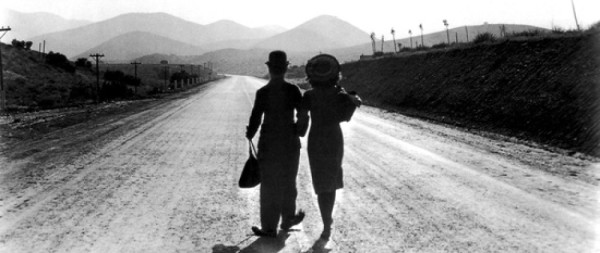Street of Chance
Directed by James Cromwell
Written by Oliver H.P. Garrett, Lenore J. Coffee and Howard Estabrook
1930/US
IMDb page
First viewing/Criterion Channel
I do not hold that because the author did a bad job of writing the player need trump it with the same kind of acting. When I go into a picture I have only one character to look after. If the author didn’t do him justice, I try to add whatever the creator of the part overlooked. – William Powell
Kay Frances and William Powell team up again in an early talkie melodrama.
Powell plays a famous professional gambler. Francis is his long-suffering wife. She is fed up with Powell’s constant absences and has filed for separation.

Powell doesn’t want her to leave and vows to go straight and take her on a grand holiday. The reconciliation is interrupted be the arrival of Powell’s bother (Regis Toomey) who is looking to gamble his entire life savings in the big city on the chance of trebling his money. This leads to a series of misunderstandings while Powell tries to teach Toomey a lesson. With Jean Arthur in a small role as Toomey’s fiancée.
I thought this was OK, though hardly gripping. It is available for free on YouTube.
Fan-made trailer (can be seen via Watch on YouTube link)















 If this had not had Wheeler and Woolsey, I would not have watched it. They were enough to provide some entertainment. Otherwise this is just mediocre. The songs, other than the Wheeler and Lee number aren’t catchy and are sung in overblown operatic voices.
If this had not had Wheeler and Woolsey, I would not have watched it. They were enough to provide some entertainment. Otherwise this is just mediocre. The songs, other than the Wheeler and Lee number aren’t catchy and are sung in overblown operatic voices.






